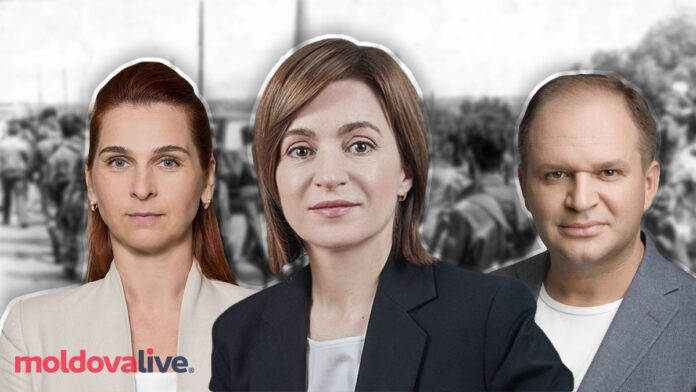Today, March 2, marks 31 years since the beginning of the war on the left of the Dniester. President Maia Sandu commemorates the victims of the war and assures that the Government will take care of the veterans.
“We want to live in peace. (…) The people on the two banks of the Dniester must not be divided. We are the same. We want to give children a safe and prosperous future. (…) People from both banks of the Dniester can live in harmony. We must work to build a society based on freedom and mutual respect, where people live freely and peacefully, without false liberators, enemies, and propaganda. Dear Veterans, Thank you for your sacrifice 31 years ago on the battlefield. We appreciate each contribution to peace. We can rely on the veterans from the Dniester to help solve the country’s problems. The Republic of Moldova has reliable defenders in you. The state stands by the veterans and their concerns,” Sandu said.
The head of state pointed out that the constitutional authorities are acting to not admit escalations on the Dniester, although there were “hot heads” who wanted this. Sandu concluded that “we do not want the war to repeat itself in our homes”, urging the population not to be influenced by propaganda.
FOR THE MOST IMPORTANT NEWS, SUBSCRIBE TO OUR TELEGRAM CHANNEL!
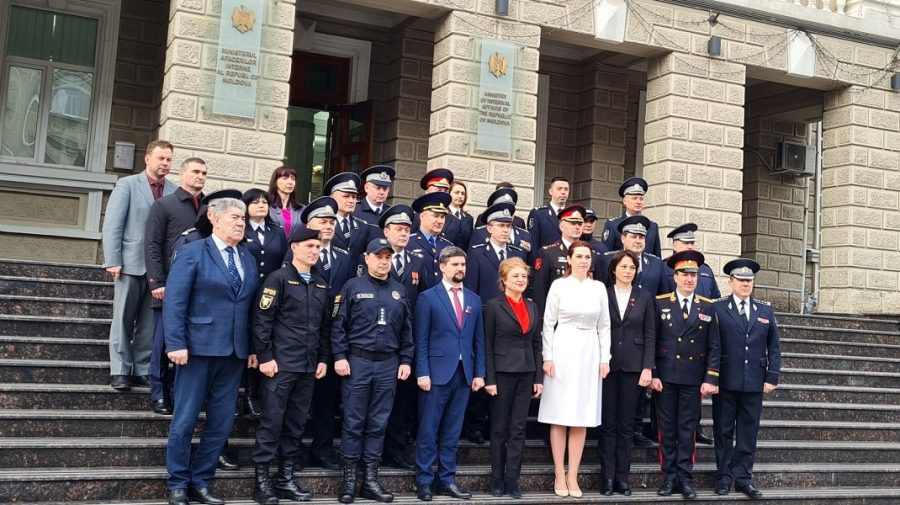
The Minister of the Interior, Ana Revenco, also sent a message to the veterans of the military conflict.
“31 years ago, a war started that no one wanted. A war that left its mark on the future of our country. A war that crippled families by robbing them of their loved ones. These wounds will never heal. No one will be able to return to this country the men and women who shed their blood so that today we can be free, and choose our own future.
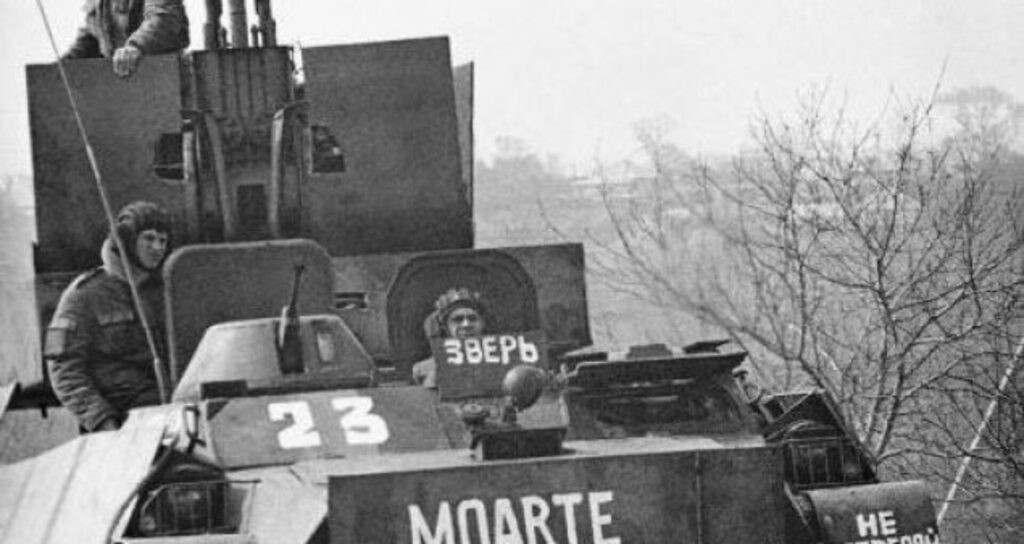
No matter how many words and flowers we bring to the March of Remembrance and Gratitude today, we will not be able to fill the void they left in the hearts of those close to us. What we can and must do, especially now, is to learn conscientiously the lessons they gave us.
In world history, this war is the only military conflict in which a country goes into battle without having a national army. In the Dniester War, the battles were fought by the forces of the internal affairs system, joined by volunteers and citizens from the conflict zones, who ensured the logistics and food chain.
History is our shared responsibility. We must stand together, and not let anyone tear us apart. We must write the history of our country as we want it and as we deserve it.
Strength comes from unity. And if today Moldova is applauded by the world for its courage and resilience, it is also because the 89 colleagues we lost in 1992 guide us all, every day”, concluded Revenco.
Moreover, this morning, the employees of the Ministry of Internal Affairs commemorated the 89 policemen who fell on the battlefields for the defense of the integrity of the Republic of Moldova.
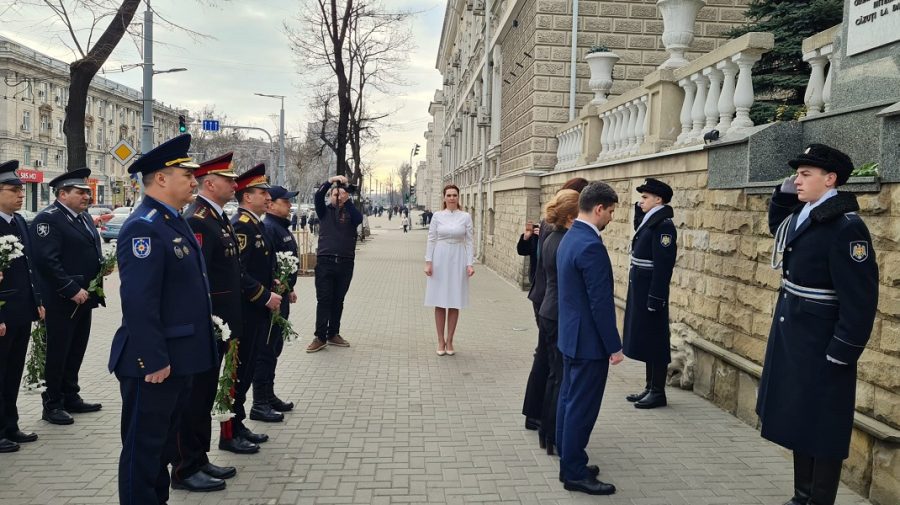
The column started from the Stephen the Great monument towards the “Eternity” and “Sorrowful Mother” memorials.
The mayor of the capital, Ion Ceban, also came with a message
“Dear veterans, the entire team of the City Hall thanks you for your dedication, and courage. You contributed to the defense of the country and the integrity of the Republic of Moldova. We are grateful to you for the sacrifice made in the name of our freedom and democracy. You are a living example of patriotism and responsibility for everyone around you. You wrote history with blood and sweat, and today children learn about your bravery in schools. We wish you health and happiness, and we will always honor your courage and sacrifice for the country. Health and longevity to all! We are proud of you.”, mentions Ceban.
Officially, the conflict on the Dniester began on March 2, 1992, but the first clashes took place much earlier. On September 2, 1990, the “Nistrean Moldavian Republic” was proclaimed, and on August 27, 1991, the Parliament of the Republic of Moldova adopted the Declaration of Independence of the Republic of Moldova, whose territory also included the districts on the left of the Dniester. The Moldovan parliament then asked the USSR government “to start negotiations with the Moldovan Transnistrian government regarding the illegal occupation of the Republic of Moldova and the withdrawal of Soviet troops from Moldovan territory.”
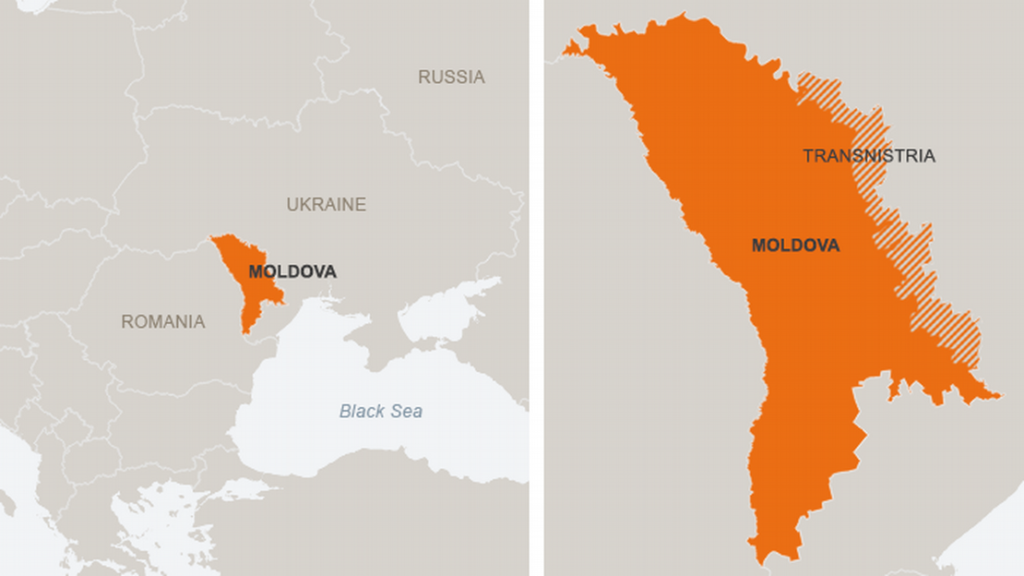
After Moldova received UN membership (March 2, 1992), Moldovan President Mircea Snegur authorized military intervention against separatist forces that had previously attacked and continued to attack police posts loyal to Chisinau on the east bank of the Dniester. The rebels, aided by Soviet and Russian troops (after 1991), consolidated their control over most of the disputed area.
During the 4 months of hostilities, the heaviest battles took place on the plateaus of Cocieri, Coșnița and Tighina. On July 21, 1992, the Republic of Moldova and the Russian Federation signed a Convention on the principles of peaceful settlement of the armed conflict in the Dniester area of the Republic of Moldova.


